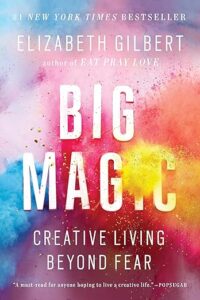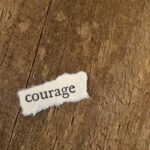When we explore and embrace deliberate slow rituals, we experience a kind of sacred time not accessible in our everyday existence.
—Calm App Reflection
In a world that worships speed, slowness feels rebellious. Yet when we choose to move deliberately — to sip our morning coffee without distraction, to walk without hurry, to breathe with awareness — we step outside ordinary time.
These slow rituals become portals to what feels sacred, spaces where life expands, and moments that stretch beyond measurement.
In deliberate slowness, we discover presence — the kind that connects us to meaning, not momentum.
The world keeps spinning at its manic pace, but within our chosen pauses, time softens. These small acts of intention remind us that depth, not speed defines a life well lived.
Sacred time isn’t rare; it’s quietly waiting between our breaths.
EXERCISE:
What are some ways that you can introduce more deliberate, slow rituals into your day?
Please reply to this post with the strategies you try and how they enhance your experience of living.














